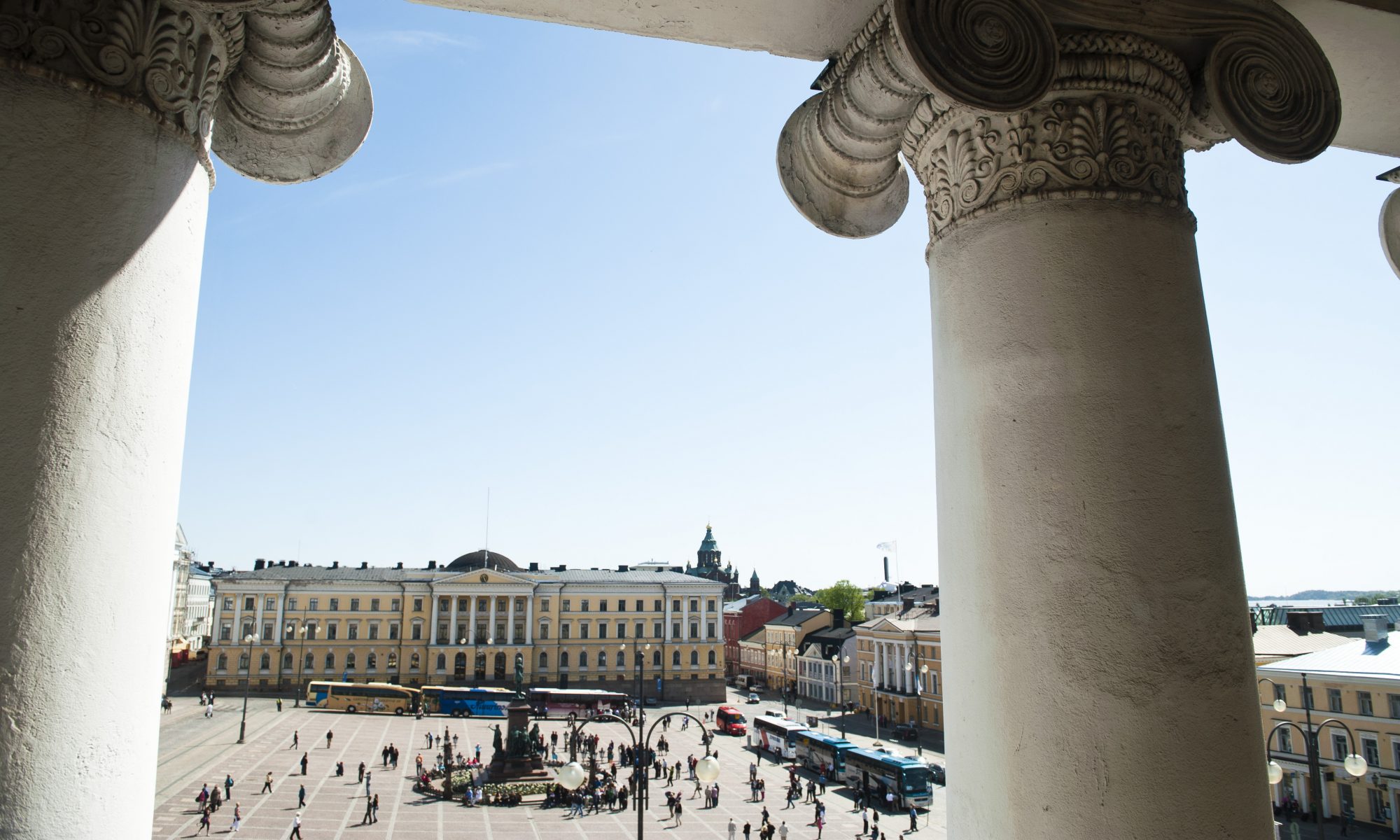Open science and data infrastructures can greatly support certain research areas in the humanities. The 2018 annual DARIAH meeting gathered a number of researchers, librarians, and other parties to discuss these topics in Paris. This blog post provides a summary and some highlights from the meeting.
Text: Leo Lahti (University of Turku) & Maija Paavolainen (Helsinki University Library)
The annual DARIAH event was held in Paris, May 22–24, 2018, bringing together researchers, librarians, and company representatives. The theme this year was Open Science, and the program consisted of keynote talks, panel discussion, presentations, and a variety of work group meetings. The program allowed a plenty of interaction and sharing of the latest work across the participating countries and institutions. Digital humanities was well presented also in the workshops whose topics ranged from geo-humanities, text analytics, and data sharing, to open review, gender issues, future of digital humanities, and other topics.
The Digital Research Infrastructure for the Arts and Humanities (DARIAH) aims to enhance and support digitally-enabled research and teaching across the arts and humanities. Currently, DARIAH has 17 Members and several cooperating partners in eleven non-member countries.
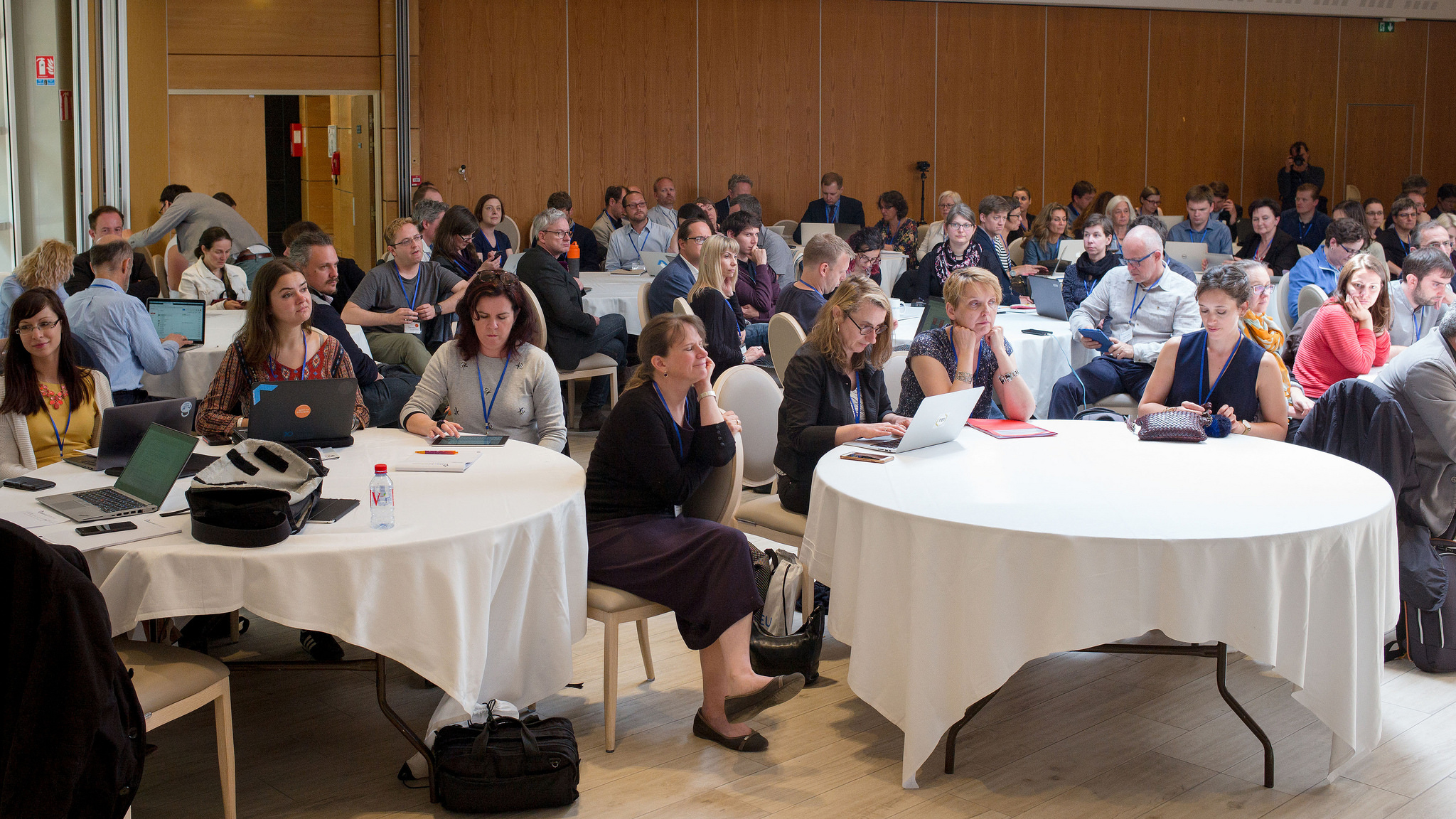
Digital humanities and open science
Dr Jon Tennant’s keynote on “Open science is just good science” opened the event. He covered a number of topics including open access, reproducibility, and problems with the dominating position of the largest academic publishers. A key message by Dr Tennant was that open research practices should be acknowledged as part of any high quality research, rather than a distinct and potentially optional issue. The second keynote by Prof Teresa Scassa was considering the role of copyright and intellectual property rights from the open science perspective, where licensing and open access are among major mechanisms in sharing research outputs. She proposed that whereas IPR issues can be creating barriers to reuse and transparency, they also provide means to foster innovation, protect privacy and help to avoid exploitation, and that mechanisms to address such issues are also needed. Supporting open science does require resources, and the new regulatory structures should be designed to benefit primarily the academic communities, and only secondarily other stakeholders.
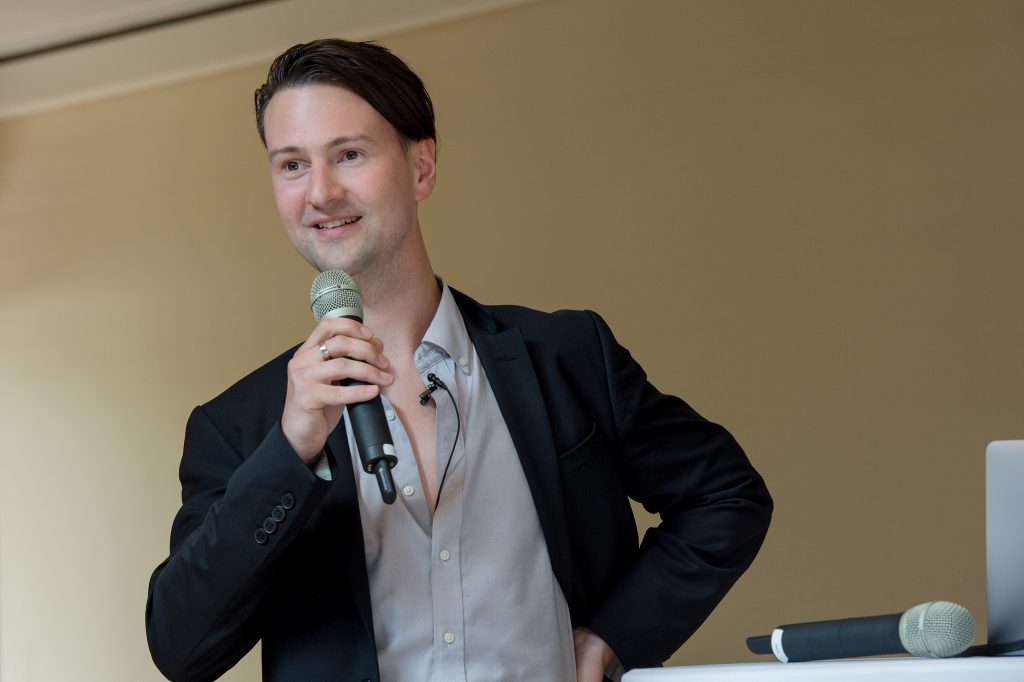
Open science is expected to increase the quality, impact, and public trust in science, and lead to more cost-efficient and collaborative ways to advance research. Overall, the presentations, discussions and workshops indicated how the broad variety of national and international institutions, funding bodies, and other stakeholders play essential roles in securing the support for open science. Open practices touch all aspects of research, and the implications are not limited to legislative or technical questions such as copyright, funding, or infrastructures, but span across the whole research culture and practices. Preprint publishing, open peer review, code and data sharing, and open collaboration models, for instance, have gained substantial ground in many fields but field-specific differences in the resources, adoption, and culture around open science remain remarkable.
Efficient communication and long-term collaboration are essential for translating best practices across different fields of research. Interestingly, tensions between fields, and challenges in communication and mutual expectations were mentioned several times in the DARIAH event. In interdisciplinary fields such as digital humanities, the collaboration is often seen as an encounter between distinct research cultures, loaded with generalizations regarding “the humanists” or “the technical people”. In terms of implementing and advancing multi-disciplinary collaboration, digital humanities could learn from other fields such as bioinformatics, that have underwent similar transformations and gradually became equipped with their own methods and paradigms.
DARIAH and Finland
Finland is not a full member of DARIAH, but it takes part in the DARIAH DESIR project (2017–2019) as one of the projects accession candidate countries. Two universities, University of Helsinki and Aalto University, have joined as cooperating partners for DARIAH and University of Helsinki also hosts the DESIR project team.
As part of the projects advocacy work for DARIAH in the new countries, its representatives have participated in various digital humanities events in Helsinki. A workshop day in Helsinki Dec 2017 with National Coordinators Committee chair Sally Chambers presented the functions of DARIAH-BE to Finnish researchers and heritage organizations. In March 2018 the DARIAH Nordic hub met in Helsinki for a meeting and DARIAH also supported the organizing of two pre-conference workshops for DHN2018 Digital Humanities in the Nordic countries conference.
There is a growing interest towards taking part in a research infrastructure in the humanities that is flexible and multi-faceted enough to support digital humanities research beyond the use of text corpora. Next steps include a meeting in Sept 2018 with DARIAH Board of Directors’ member Jennifer Edmond that aims at forming a consortium of Finnish universities. Ideally the consortium would prepare and support an application first to the Finnish Research Infrastructure Roadmap and finally to Finnish Academy funding for a full membership in DARIAH-EU.
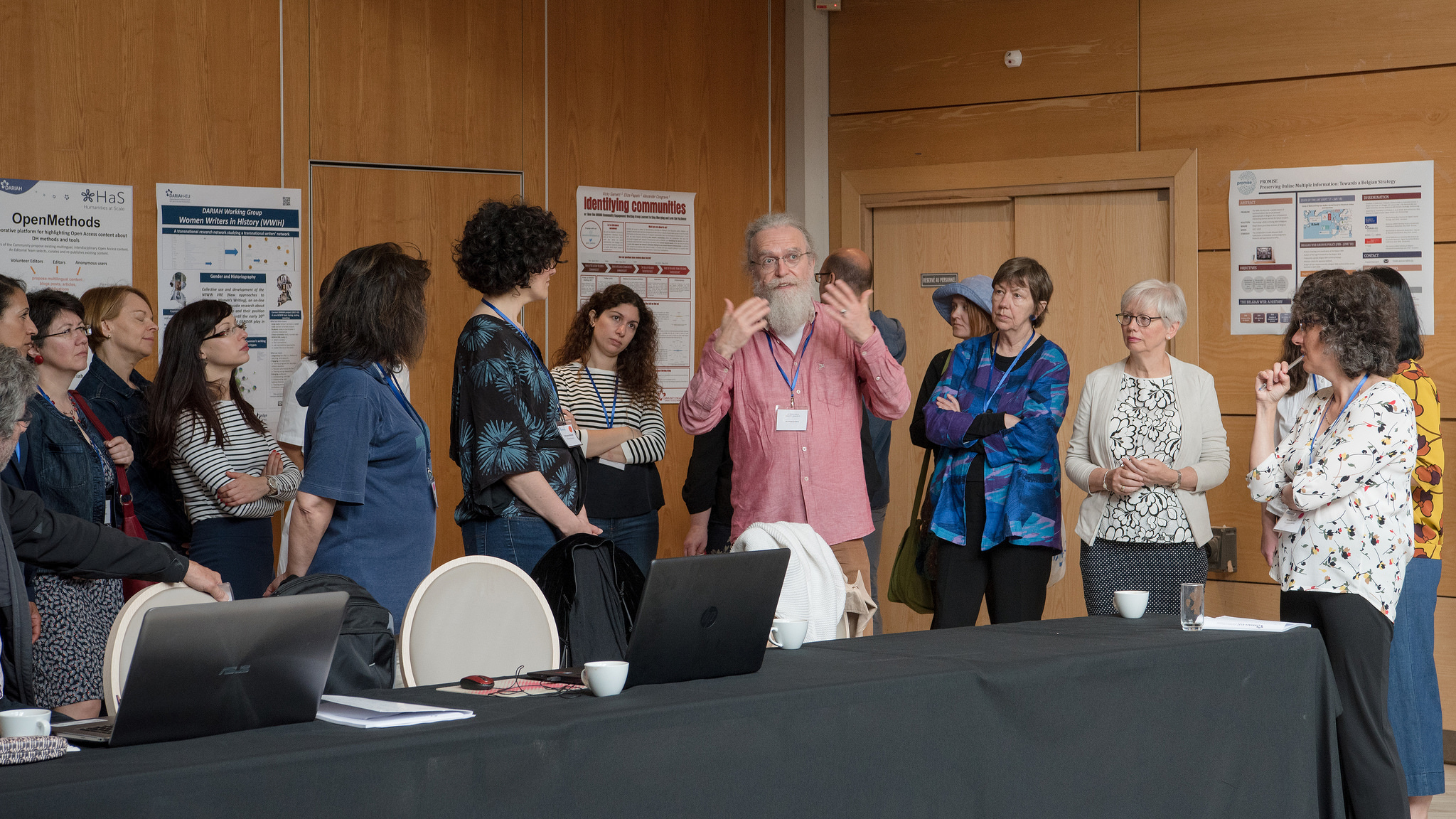
Advancing digital humanities and open science in Finland with DARIAH
Digitalization has created historical opportunities for transparency, collaboration, and renewal of research, as well as digital resources that can be used to support the study of classical research questions in the humanities. In Finland, the Digital Humanities research community has grown rapidly and attracted researchers from various fields such as history, linguistics, computer science, and machine learning. Whereas language and text analysis play traditionally an important role in the field, audiovisual, spatio-temporal, social network, and other data types are increasingly used both as a primary research material, and as a supporting data source. Efficient research use of digital resources relies on complementary expertise from the humanities and quantitative sciences; it also relies on wide acceptance and adoption, and access to sufficient infrastructures and funding.
In Finland, open science has indeed become widely supported by the researchers, funders, and other parties. Many practical obstacles remain to be overcome, however, ranging from cultural to material aspects. Long-term resources to support open science should be secured, including funding, infrastructures, education, transfer of knowledge and methods across different fields, and continuing innovation. Open science can play a key role in supporting such research by facilitating collaborative methods development and reuse and wide access to digital materials. Regardless of the field, open practices should be considered part of research quality and acknowledged accordingly. Common misconceptions and uncertainties regarding open science can be gradually overcome and more open practices become widely adopted in the research community by further developing concrete incentives and education of the new generation of researchers.
DARIAH could support digital humanities in Finland by advocating open science, providing a platform for sharing relevant promotional and educational material, promoting high-quality research by providing extra visibility.
Reflecting on the event in Paris, DARIAH could support digital humanities in Finland by advocating open science, providing a platform for sharing relevant promotional and educational material, promoting high-quality research by providing extra visibility, and by providing opportunities for meetings and other interaction between members of the research community. Changing research culture towards increased openness shall deserve continuous attention. Academic societies and networks, such as DARIAH, play a key role in channeling the collective voice of the research community by providing statements for national and international research funders, regulators, and other stakeholders. Broad incentives should be designed to support the adoption and continuous innovation of open practices; travel grants, awards, and networking opportunities could be further developed, providing cost-efficient ways of supporting especially the younger members of the research community.
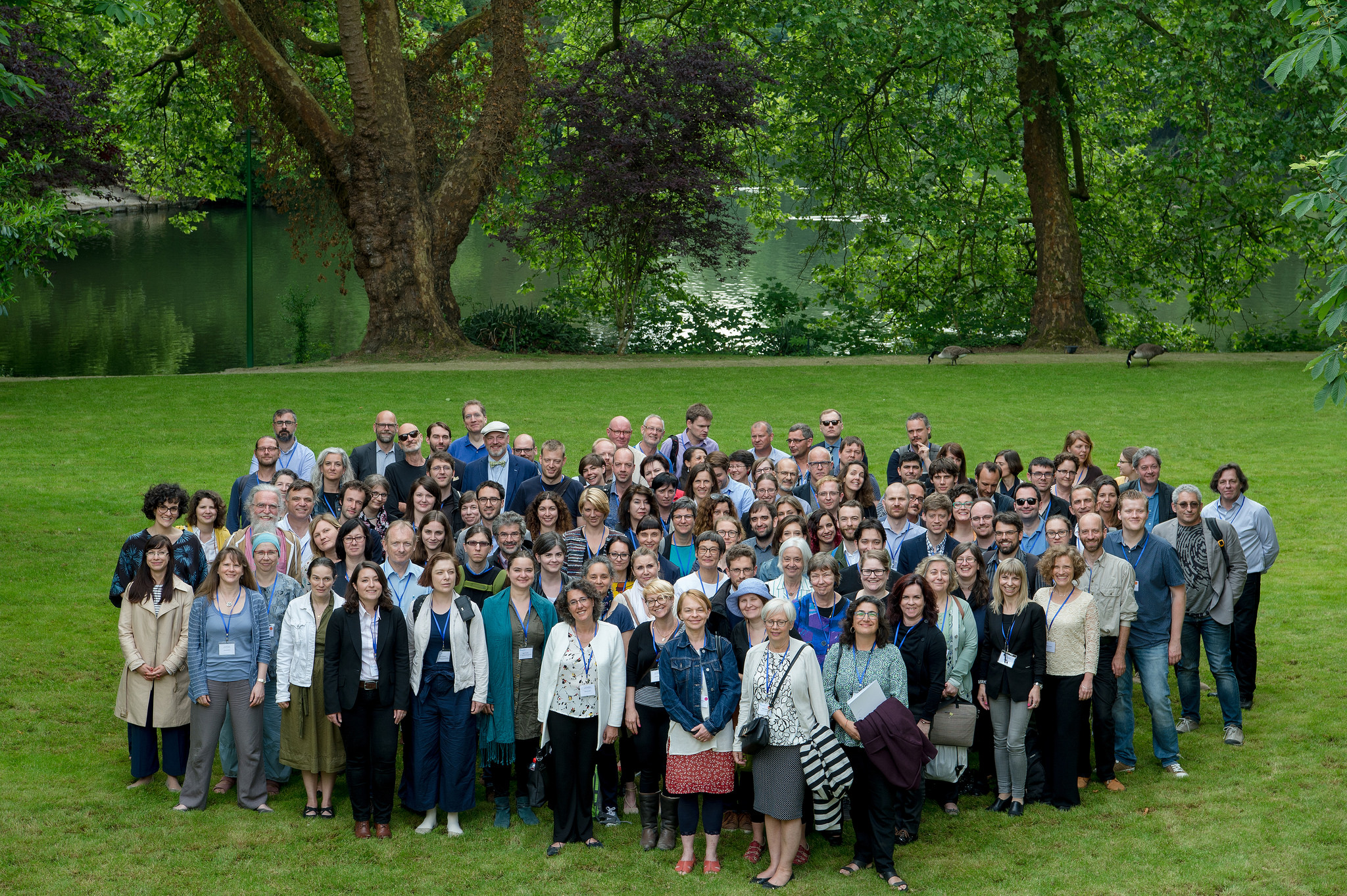
Leo Lahti (Doc., University of Turku)
ORCID: 0000-0001-5537-637X
Maija Paavolainen (MA, Helsinki University Library)
TUHAT: tuhat.helsinki.fi/portal/fi/person/mppaavol
